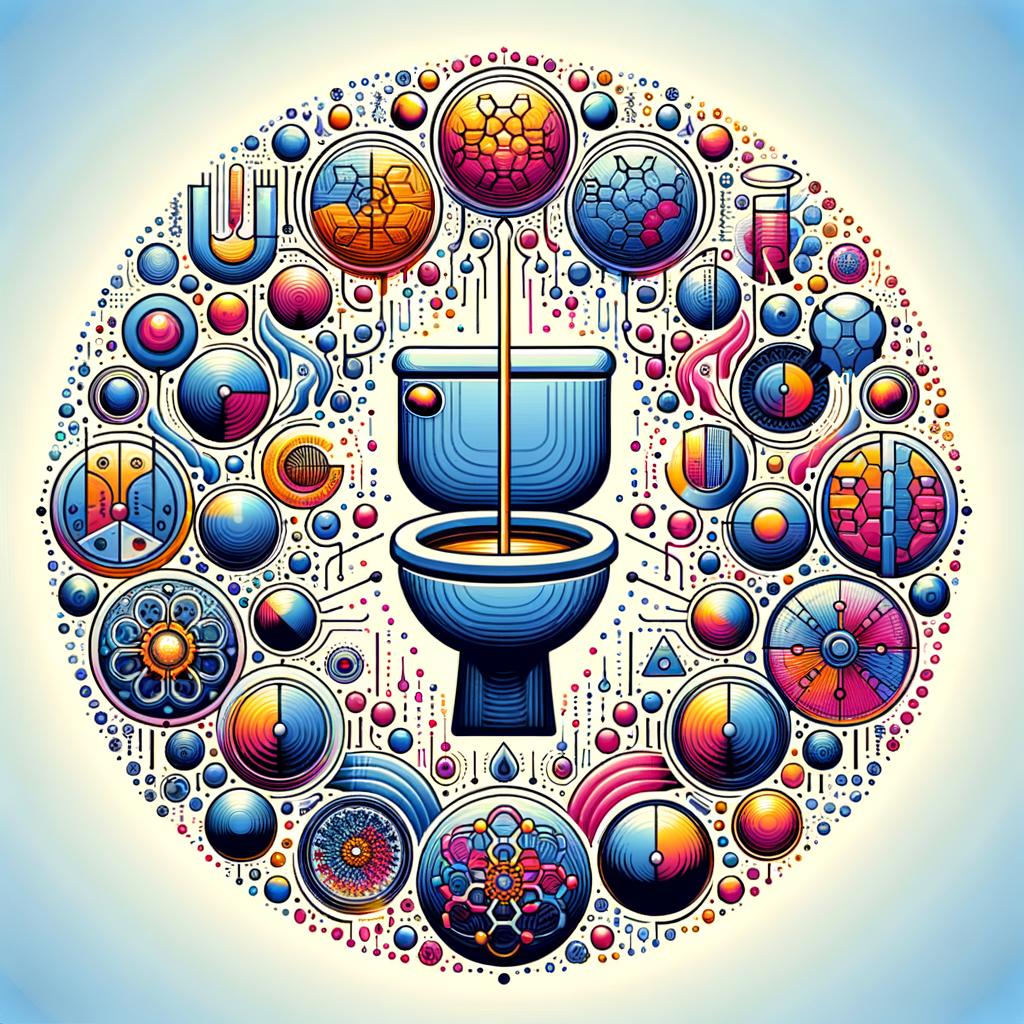
What are common symptoms of a UTI that can cause frequent urination?
A Guide to Battling Frequent Urination Caused by UTIs
So, you’re wondering, “How can I stop frequent urination caused by Urinary Tract Infections (UTIs)?” Well, you’re right where you should be. To summarize, the key to combating this issue lies in effective UTI treatment, lifestyle modifications, and incorporating certain practices to enhance bladder control. Throughout this article, we’re going to delve deeper into detailed insights into these- prevention measures, over-the-counter relief options, and essential lifestyle changes.
Unraveling the Urinary Tract Infection (UTI) Enigma
At its core, a UTI is an infection that affects the urinary system. The repetitive urge to urinate, despite passing little or no urine every time, can be a throbbing sign of a UTI. The relentless dance of discomfort and your intimate acquaintance with the bathroom can be frustrating, indeed. However, the key to breaking this constant tango is understanding its steps!
UTI – An Unwanted Guest
It’s commonly caused by bacteria and can plague any part of your urinary system, including the bladder, kidneys, and urethra. UTIs are usually more recurrent in females, but this doesn’t mean men should take a sigh of relief. Both genders should remain vigilant for the telltale signs of UTIs, which, in addition to frequent urination, can also include unusual urine colour, a burning sensation when peeping and lower abdomen pain.
Suiting Up – Battling UTI
As the old saying goes, “Prevention is better than cure.” In the case of UTIs, that idiom is as essential as ever. Avoiding UTIs in the first place can save you from the inconvenient occurrence of frequent urination.
The Battle Plan
Start by ensuring to drink plenty of water, aim for anywhere between six to eight glasses a day. Seamlessly incorporating this into your routine can help to dilute your urine, lowering the risk of UTIs. Additionally, nature’s call should not be ignored. Regularly emptying the bladder, especially after intimate activities, can help rinse out bacteria. Flushing them out before they’ve had a chance to establish their unscrupulous colony is a smart start!
Armed and Aglow – Lifestyle Changes
Understanding the importance of a healthy lifestyle and diet can help in soothing an overactive bladder. Incorporating changes like finding your bladder’s holding capacity by urinating at regular intervals and holding it for longer periods can lend a hand in managing UTIs.
Life’s Choices, Rewritten
Swapping caffeinated beverages for drinking bladder-friendly fluids like water or cranberry juice can work wonders. Activities like Yoga or Pilates can strengthen your pelvic floor muscles, reigning in better bladder control. Additionally, if you’re a smoker, it’s high time to kick that butt! Smoking aggravates bladder symptoms and increases the susceptibility to UTIs.
The Medical Arsenal
Despite all the precautions and changes, sometimes, UTIs still managed to slip through. If you suspect you have a UTI, seek medical advice. Timely treatment, usually through antibiotics, can nip the infection in the bud, curbing frequent urination.
First Line of Defense
Alongside a prescribed antibiotic treatment, over-the-counter UTI test kits and pain relief options can prove beneficial. However, remember these should be used as a subsidiary to prescribed treatment and not replace a doctor’s advice altogether.
Putting It all together
UTIs can be a pesky situation leading to inconvenient frequent urination. However, with the right habits, lifestyle changes, and timely medical treatment, these can be managed effectively. It’s about arming yourself with the right kind of knowledge and, at the end of the day, not letting a UTI keep you bound to the bathroom.
Frequently Asked Questions
1. How long does UTI last?
UTIs should typically start to improve after a couple of days of antibiotic treatment. If you don’t feel relief within two days, it’s best to consult your doctor.
2. What are some over-the-counter medicines for UTI?
Over-the-counter medicines like Pyridium can help alleviate pain and burning sensation.
3. Can a UTI go away on its own?
While mild UTIs can go away on their own, it’s generally advisable to treat them to avoid the risk of kidney infections.
4. How much water should I drink with a UTI?
Aim for six to eight glasses in a day to dilute your urine and flush bacteria out.
5. Is it normal to always feel like I have to pee?
Frequent urination can be a symptom of several health issues, including UTIs and diabetes. If this is a recurring problem, it’s best to consult a health professional.


